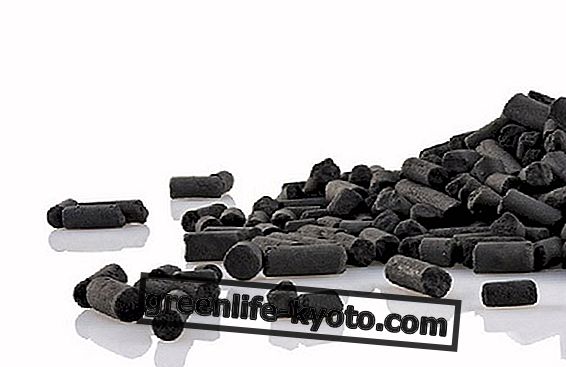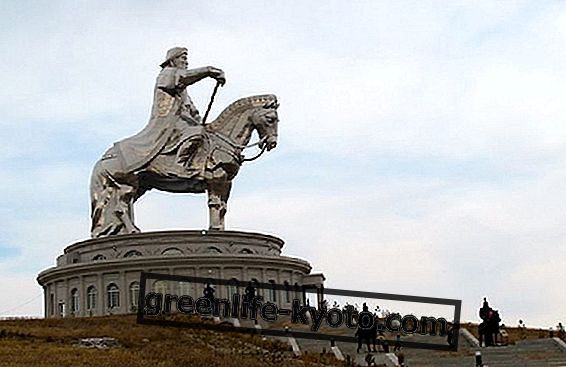
When I read De rerum natura I wanted to stay in the garden. The vocabulary filled with blades of grass and then, usually, it started to rain. The warmth of the hours that separated from awakening came, and there was the pleasure of studying, leaving summer behind.
There is something in this book. We understood immediately, as students. We rediscovered him later as adults. For example, thanks to the choreographer Virgilio Sieni . His show "The nature of things" inspired by the De rerum natura I saw at the Teatro Valle (before they occupied it, or rather, before the drastic cuts conveyed beautiful souls to keep it alive anyway). An incredibly soft and lively show.
There is something in the De rerum natura .
First of all: a very bright meditation on what animates what keeps us alive. What keeps us alive even if we forget it.
Stephen Greenblatt, Anglo-Saxon literary critic, wrote "The Swerve: How the world became modern", a beautiful study on the influence of the Lucretian poem on the Italian Renaissance. How? Lucretius proposes a vision of the world that the Middle Ages seemed to have devoured completely.
A vision all flavored with naturalism, rationalism, materialism. Three difficult words. So let's put it this way. The writer says to the reader: Look, look at your surroundings, isn't it wonderful?
See what you're part of .
Do not be afraid (let alone God), do not think that the separation between Earth and Heaven is insurmountable and do not think that reality is structured in a hierarchical way (Dante did his own in this).
No, you can immerse yourself in what has love and gives you love: nature.
Men, women, animals, plants that interact with each other in various ways, functional, spontaneous, wonderful and often surprising.
There are secrets to be investigated, mechanisms to know, revelations to guard, experiences to build. And lots and lots of abundance available.
Composed between the 49 and the 48, with the outbreak of the civil war (from the Republic to the Principality), the poem is inspired by the Epicurean philosophy presenting a conception of reality released from the "cleaver of the humors" of the traditional gods.
What is the bond between Tolkien and Saint Francis?
Lucretius's lessons to use today
Lucretius tells us something that should be remembered: we are one of a multitude (here the teaching of Gurdjieff, a great deal, echoes). God is busy doing something else, it is not worthwhile to fear him. If you think you are part of a boundless cosmos, how can you leave space to fear?
And if one thanks for possessing a reason, it is with it that we can understand the nature of things, beyond irrational fears of programming related to religion and perhaps all referable to the founding one: the fear of death.
This is the step that allows us to move from demonizing the mind, making it instead an instrument in agreement with the other centers.
And it allows us to live an appetizing life .
Far from the impostures of historical religions, the bearer of a model of an alternative world to the Jewish and Christian world, Lucretius should be read. To understand it or to bring someone closer, a wonderful gift for the non-birthday of a friend or relative is "How are things, my Lucrezio and my Venus" by the good Piergiorgio Odifreddi . Not didactic but warm, not boring but easily formative.
On the other hand, "The poetic work of Lucretius, " Cicero had written to his brother Quintus on 11 February 54 a. C., "it is just as you write me, it reveals a splendid genius, but also remarkable artistic ability". Virgil praised him (without naming him) in the Georgics . And Ovid had written ecstatically: "The verses of the sublime Lucretius are destined to perish only then when in one day all the earth will be destroyed". To reopen this poem is also not to go in that ominous direction.
Because, looking back, it is sometimes possible to look better in and around.













